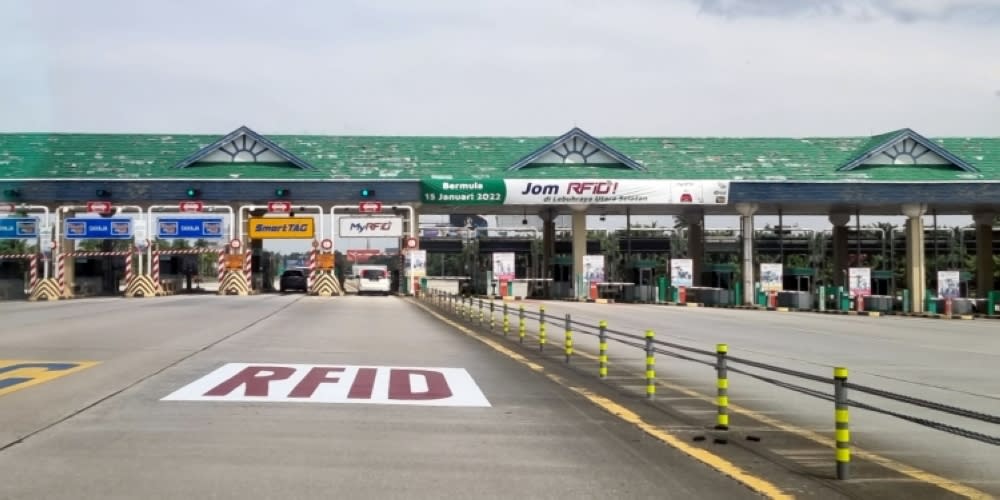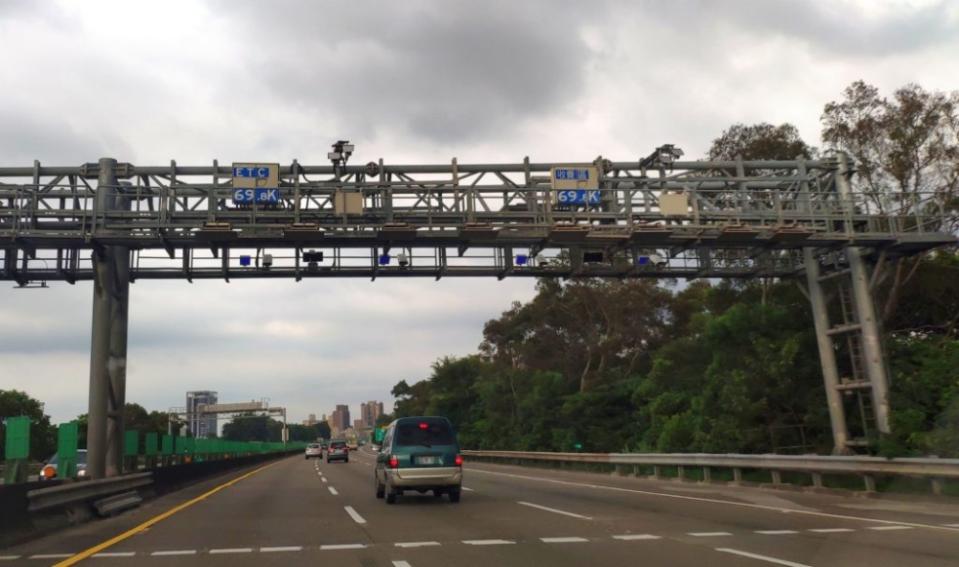Report: Barrier-free tolling hits a snag as 32 highway concessionaries object to new Multi-Lane-Fast-Flow ‘monopoly’

KUALA LUMPUR, Dec 5 — It appears that Malaysia’s plan to deploy a barrier-free Multi-Lane-Fast-Flow (MLFF) tolling system next year has hit a snag due to protests from toll highway concessionaires.
According to a report by Free Malaysia Today (FMT), the 32 highway concessionaires oppose the government’s move to directly award a purported ‘inexperienced’ private company for the MLFF project.
FMT said a source close to the matter alleged that the government has signed an “appointment agreement” linked to YTL Corporation Berhad on 17 November to award the RM3.46 billion project without consulting the concessionaires who will eventually foot the bill.
The report added that the Association of Highway Concessionaires Malaysia (PSKLM) had submitted an objection letter to the Ministry of Works alleging that the move to offer a 20-year concession to KJS-SEP Synergy (M) Sdn Bhd violates their agreements with the government.
The association which represents highway concessionaires in Malaysia said it is against existing agreements to offer a concession to a third party over their existing concessions.
The source told FMT that the ministry is putting up another paper soon to conclude the appointment without consent from the concessionaires, and neither were they given any details on the terms of the appointment. The source added that in the absence of those details, it is unfair for the government to do so without consent as parties with live contracts.
Another source said the association had sent an official letter signed by 18 companies presenting the concessionaires with an executive summary of how this award would work against them and the government.
The FMT report said one of the major concerns is the estimated cost of RM3.46 billion to implement MLFF and the association claims that the cost can be reduced by 30 per cent if individual companies are allowed to build and implement MLFF themselves.
The report quoted a source saying that the award smacks of a major monopoly where the total toll revenue is about RM6 billion per year.
After the implementation, the company would recover its implementation cost with an estimated RM650 to RM800 million by highway concessionaires.
The source said the highway industry has also questioned the rationale of the direct award, alleging that the awarded company has no experience in the industry. It also said cost competition is questionable as there has been no cost-benefit analysis.
Under the award, the source said the company will take over current toll operations including the validation process which are currently handled by the respective concession companies.
The move is said to raise potential integrity issues as the end-to-end process is controlled and managed by a single entity without checks and balances.

MLFF offers a seamless and barrier-free tolling experience. — SoyaCincau pic
Once MLFF is implemented, there are no longer physical barriers (aka ”palang”) or lanes as toll collection is done electronically, similar to Singapore, Taiwan and Australia.
One of the biggest concerns is leakages from non-paying vehicles due to failure to identify non-standardised number plates or failure to collect outstanding payments from motorists.
Without a clear framework, highway concessionaires are concerned that they will be bogged down with tracking down toll evaders to recoup their losses as the leakages will impact their revenue and their ability to service their debts.
Before the barriers can be removed, there’s a need for stronger enforcement measures such as engagement with debt collectors, heavy fines or suspension of road tax renewals for having outstanding toll charges.
In addition, there’s also a need for stringent enforcement of standardised plates as the usage of non-standard fancy plates is still quite rampant on Malaysian roads.
The Ministry of Works announced earlier this year that Sungai Besi Expressway would be the first MLFF Proof-of-Concept location, followed by DUKE highway. It aims to begin MLFF trials in 2024 which will utilise both RFID and ANPR. — SoyaCincau



